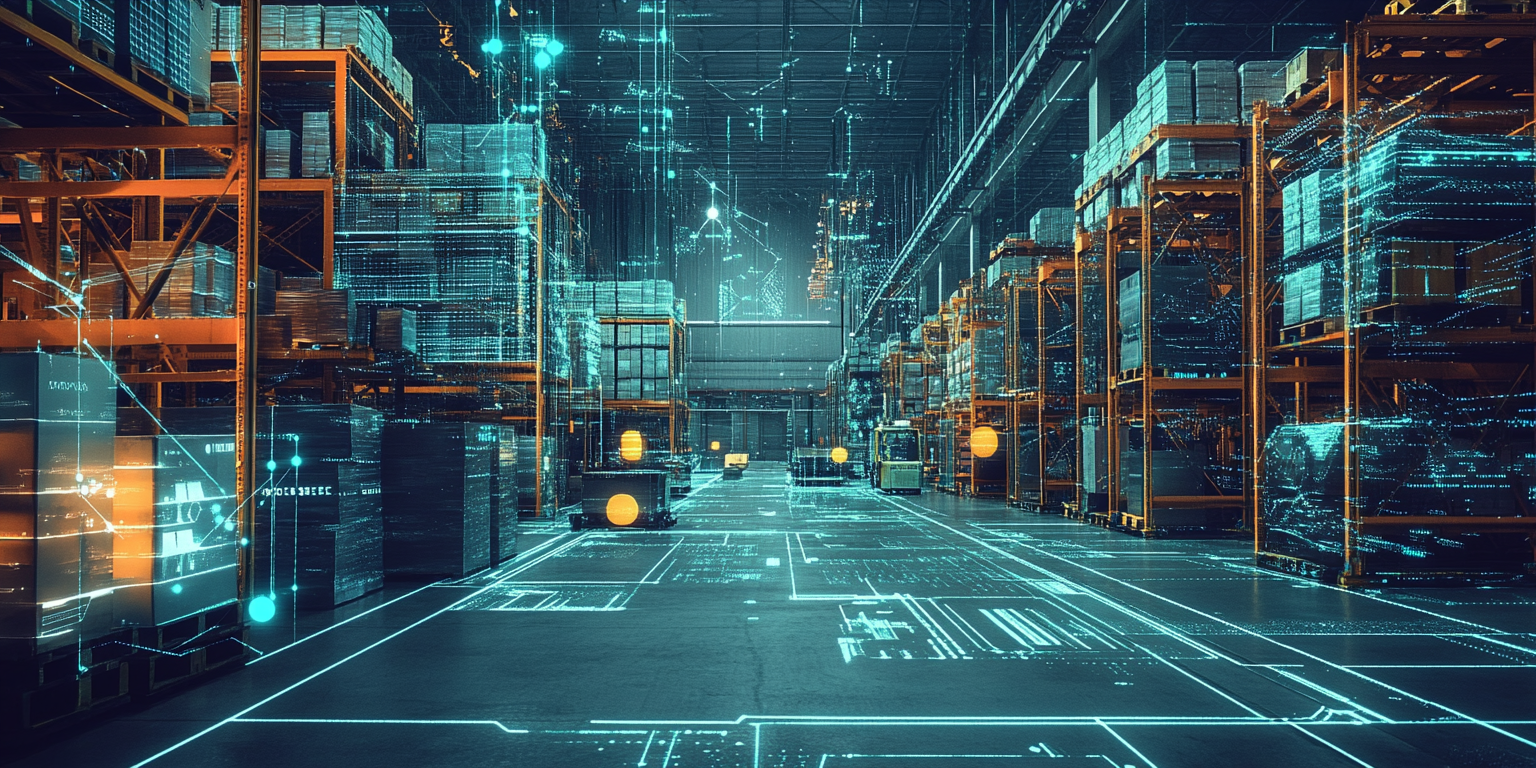What’s the Right Time to Replace your Fuel Tank?
A comprehensive guide to monitoring and replacement considerations.

BACK TO BLOG
Fleets are already incorporating artificial intelligence (AI) into their operations today. From organizing and sorting dashcam footage using AI software to building in-house AI models for route optimization, fleets across the country are finding creative uses of this transformative technology.
But even fleet operators that don’t have the resources or expertise to develop their own solutions can benefit from using AI agents.
AI agents are software programs using AI to perform tasks, learn, and adapt with minimal human intervention. You’ve probably heard of ChatGPT by now—it’s an AI large language model (LLM) that is used to create new written materials based on user prompts. AI agents take it one step further by including a wide range of functionalities beyond natural language processing, including decision-making, problem-solving, interacting with external environments, and executing actions.
Just like LLMs, AI agents have only limited reasoning abilities—but they can interact with backend software to get current information, optimize workflows, and autonomously create new tasks to achieve increasingly complex goals.
One example of a task for an AI agent is uploading proof of delivery into a shipper system. The tools are the same that the human team uses, but the AI agent technology can automate shipment delivery verification.
AI agents are essentially designed around a specific need or task that the fleet wants to automate. Once the AI agent is built, the fleet administrator can access a platform that shows what the AI agent is doing, such as automating delivery documents, assigning loads, or optimizing routes.
Another unique element of AI agents is their ability to “learn” and be trained to advance from simple to more difficult tasks. Much like training an employee with feedback, manuals, and operating procedures, AI agents can take similar inputs and write their own code to advance their capabilities. But just like employees, fleet administrators also need to monitor for opportunities to improve and correct errors.
Fleets benefit most from today’s AI agents when they have an operations team that is manually doing many tasks, such as large volumes of data entry. Fleet size isn’t necessarily a prerequisite for getting benefits out of using an AI agent.
A first-mile and drayage company, for example, can use an AI agent to assist with its data needs across ports, terminals, their customers, their customers’ customers, and others. The AI agent can pull all the information from multiple data sources automatically and free up the employees to focus on other efforts.
There’s no question AI is already having a significant impact on every facet of our lives and businesses. Of course, there is some hype, but there are also many technology companies innovating and building AI technology, LLMs, and AI agents to directly help fleets.
The industry consensus is to encourage fleets to take a measured approach when incorporating new technologies like AI agents. It’s important to establish a thorough change management process and strategy to ensure a smooth transition for the business and its employees. But we’re confident this is only the beginning of major advancements in AI helping our industries.